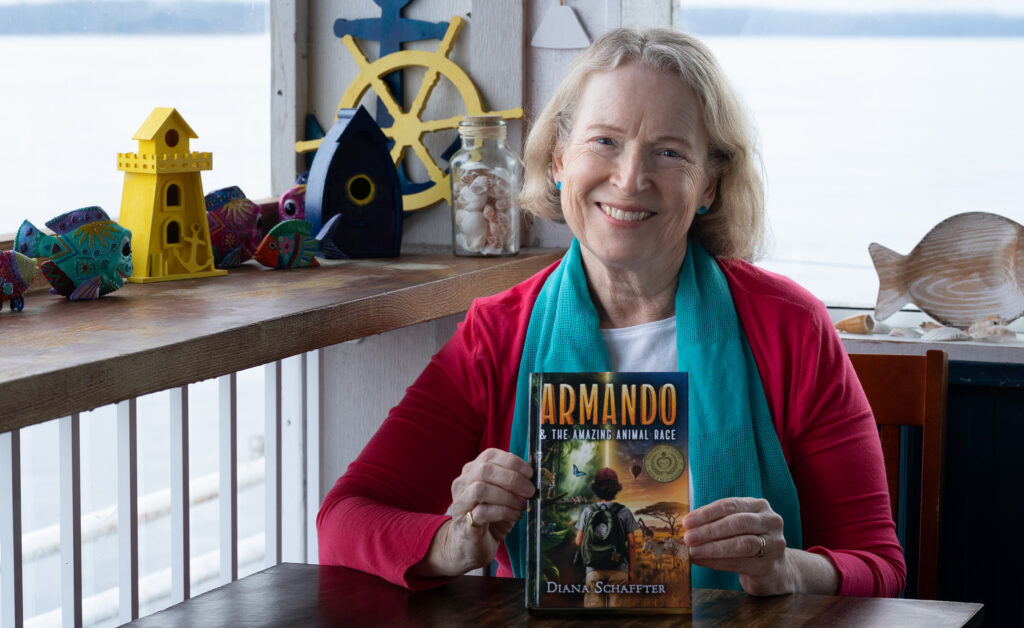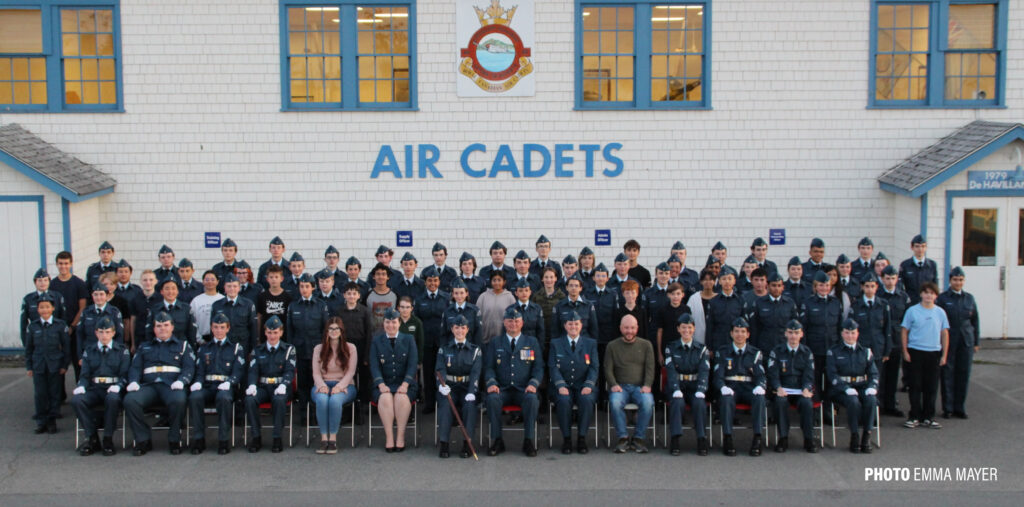by Anne Miller –
Unfortunately, too few of us get to pursue careers that fit like a glove, but Len Harman was lucky and so was the community of Sidney. As a young man in 1980, he joined their fire department as a volunteer. This led to what became a rewarding 28-year career as a paramedic, while simultaneously volunteering as a fire fighter.
Holding these two jobs meant Len worked long hours, usually with a pager on his hip. While this would impact his young family, it was the understanding and support of his wife, Julie, that made things work. “Well,” she said, “if you were in an accident, would you want him to pull over and say, ‘It’s 6 p.m. I’m done for the day’?”
Life as a paramedic was sometimes routine since paramedics have to assume non-emergency calls. Len was always prepared, though, for that crisis and his qualities were just what was required. His keen observation and assessment skills are critical in an emergency, to assess the victim, the situation and bystanders, who could be resources. Working as a team with multiple agencies, including the police, Len could multi-task and work under diverse conditions. “With my eyes and brain going a mile a minute, I was able to stay calm, look at the big picture and make a plan.”
In the midst of crisis, though, one of Len’s most significant qualities was invaluable. Len has an innate ability to diffuse and calm a situation and to be empathetic. Julie agrees, saying Len is patient, calming, supportive and nurturing in all aspects of his life.
Whether an emergency or a planned ambulance trip, when knowing someone is going to die, Len’s goal was to give the family time to hold their loved one and say goodbye. “A majority of my work is dealing with the elderly to give closure. Often, I take people on their last trip so we provide as much comfort as possible.”
These tragic and touching situations have had both happy and sad endings. Len has been happy to bring a baby into the world and pained to have another die in his arms. The stress involved could take a toll. During Len’s tenure, the issue of PTSD was not recognized, so these professionals “had to suck it up, be tough and deal with it.” Faced with the stress, Len would take time alone or he’d grab his family and do something fun “that would make us laugh and laugh and get me back to reality.”
Predictably, Len’s excellence in paramedics led him to teaching new trainees. He recognizes that, while the Justice Institute can teach the theory, it’s critical for trainees to confront a real live situation. Len emphasizes to them the need to find a support group to take care of themselves.
Len retired at 60 because it was time to let the younger generation take over. The transition to retirement was really difficult as he left a high-stress life for one drastically different but he’s adjusted now. Involvement with his grandchildren gives him great pleasure as does playing in slow-pitch leagues and RV camping with Julie. He’s more mellow now, explaining that he’s “a very emotional guy now. I cry watching TV! I can’t hold it in anymore and I’m okay with that because I understand it.”
As he envisages the future for both fields, he proudly acknowledges his son, who has followed him as a firefighter. Michael is now the Career Deputy Fire Chief in Sidney and that brings tears to Len’s eyes. He knows the importance of volunteering and the need for firefighters, particularly in a town with an aging population. As seniors move on, he explains, we need younger people to get involved in this honourable career. Young people and children make the old people smile and they give us hope.




